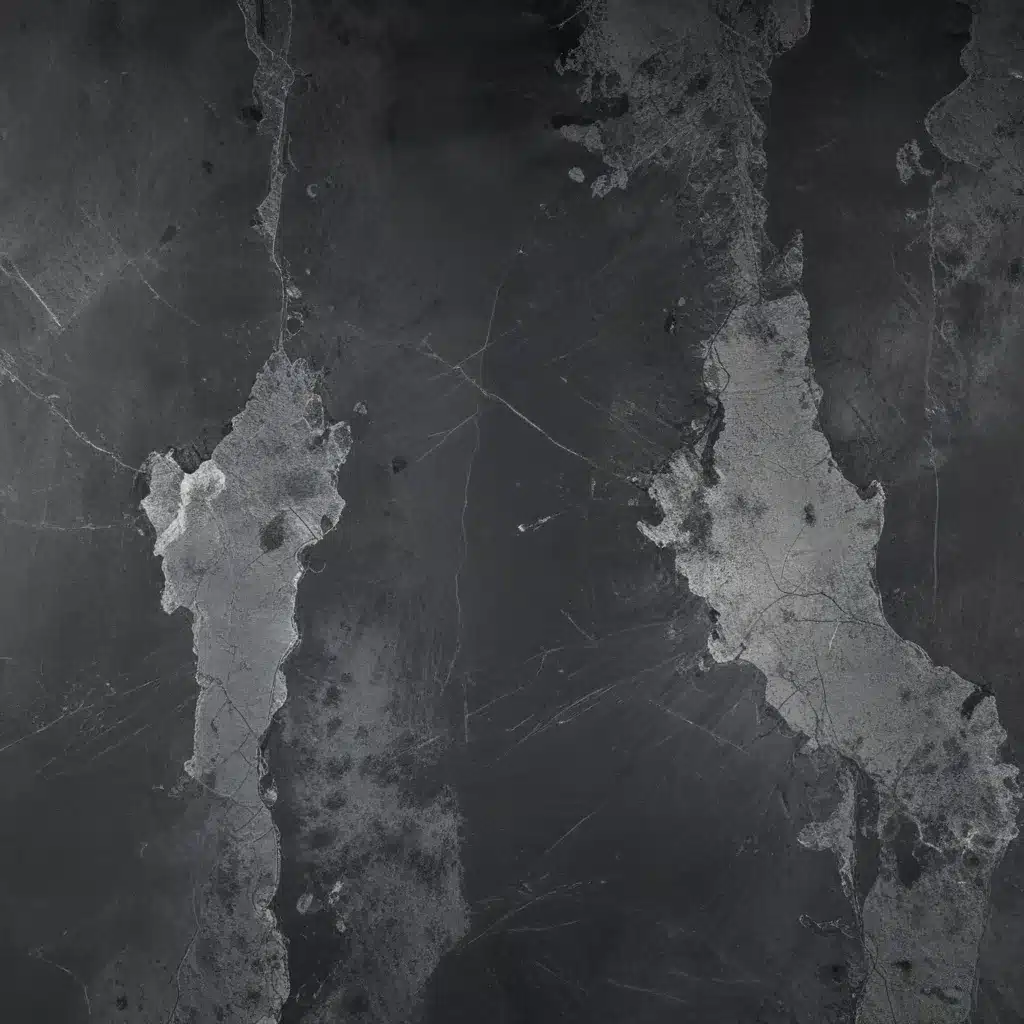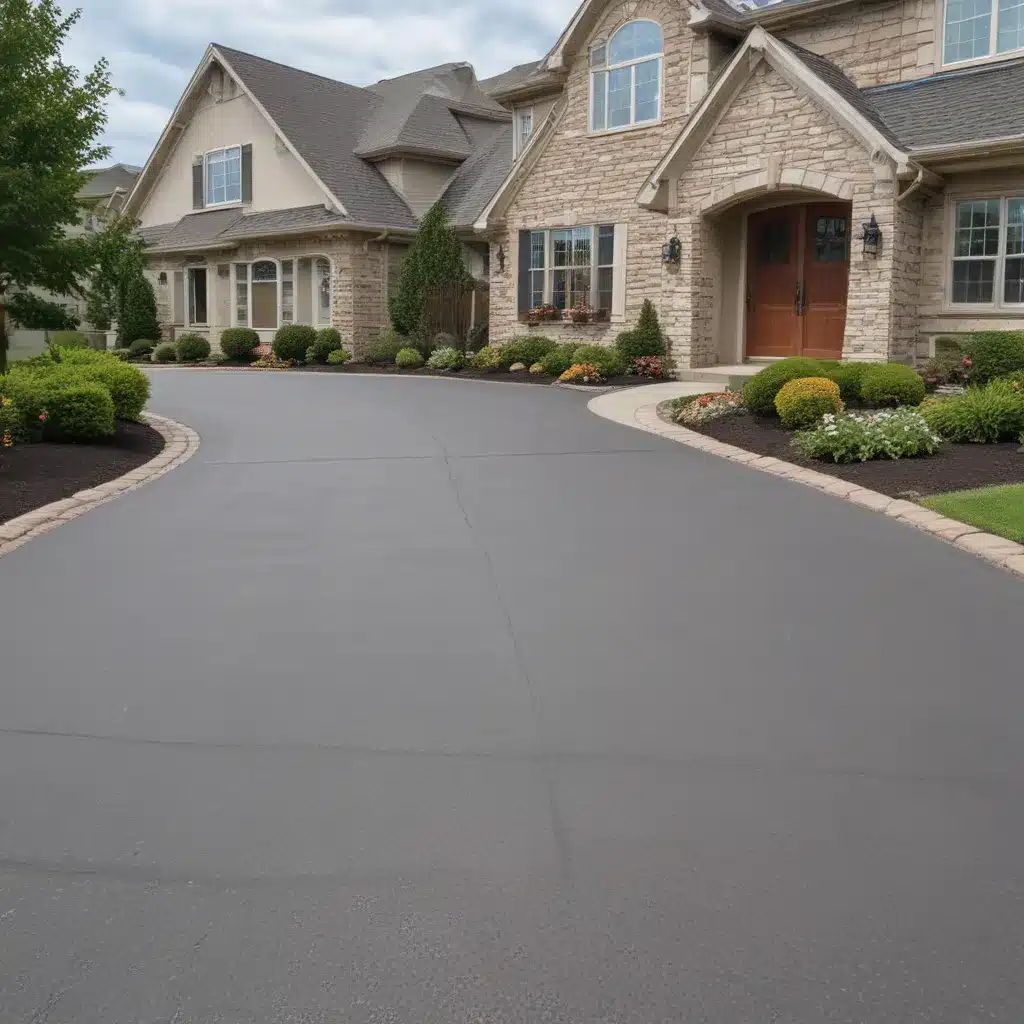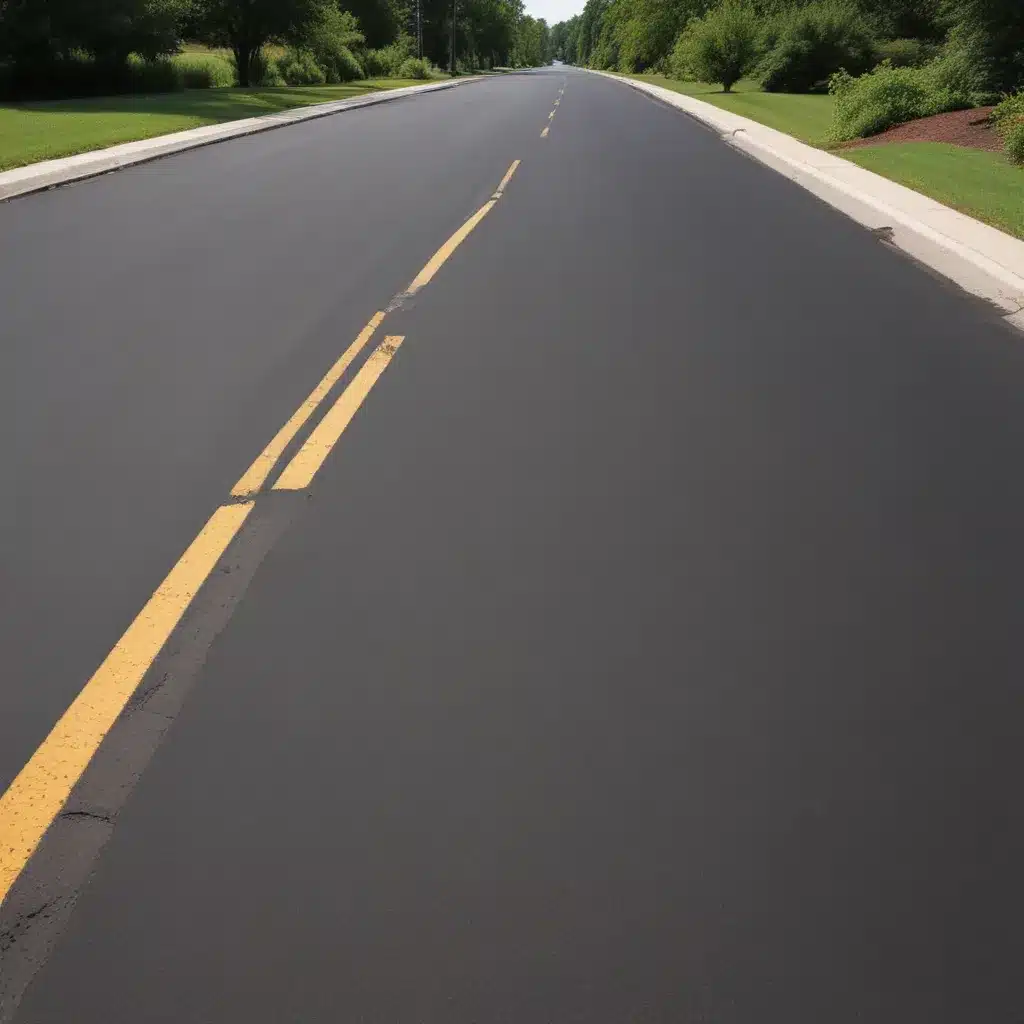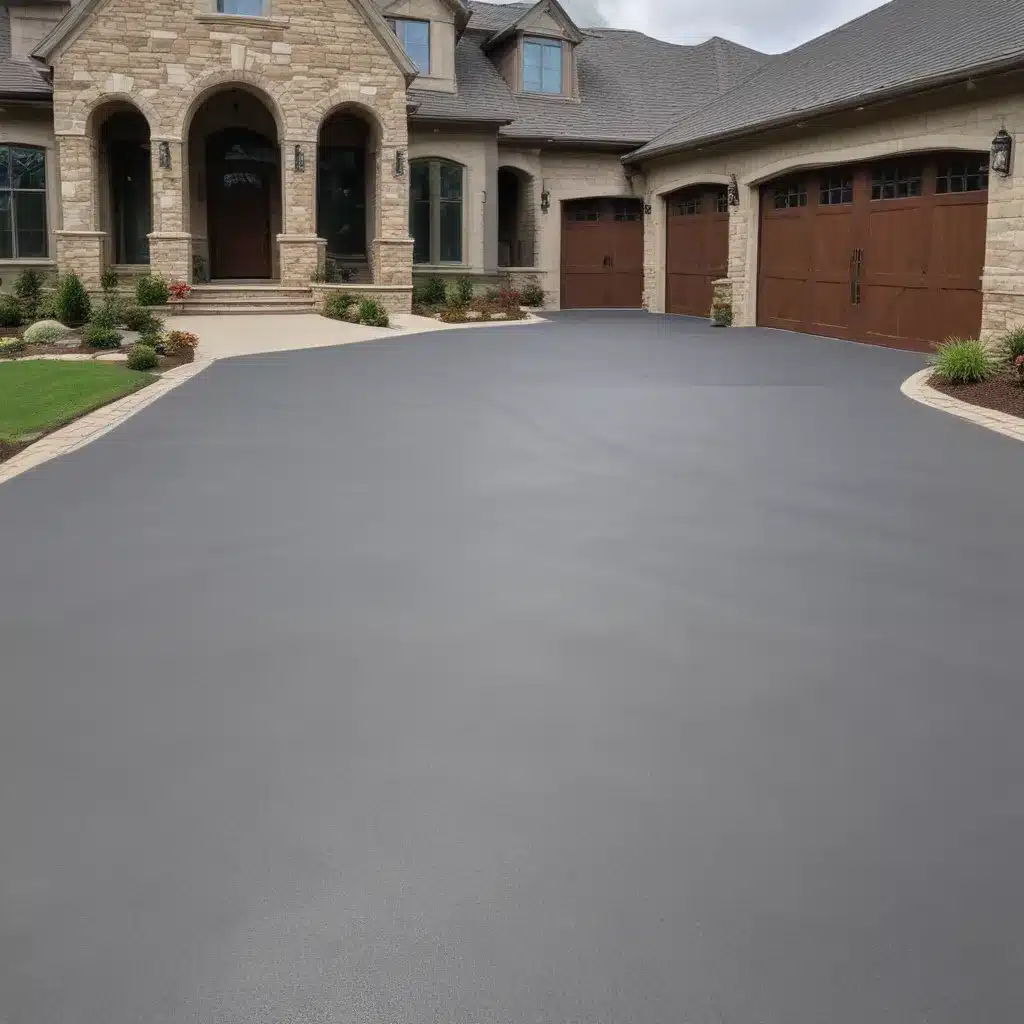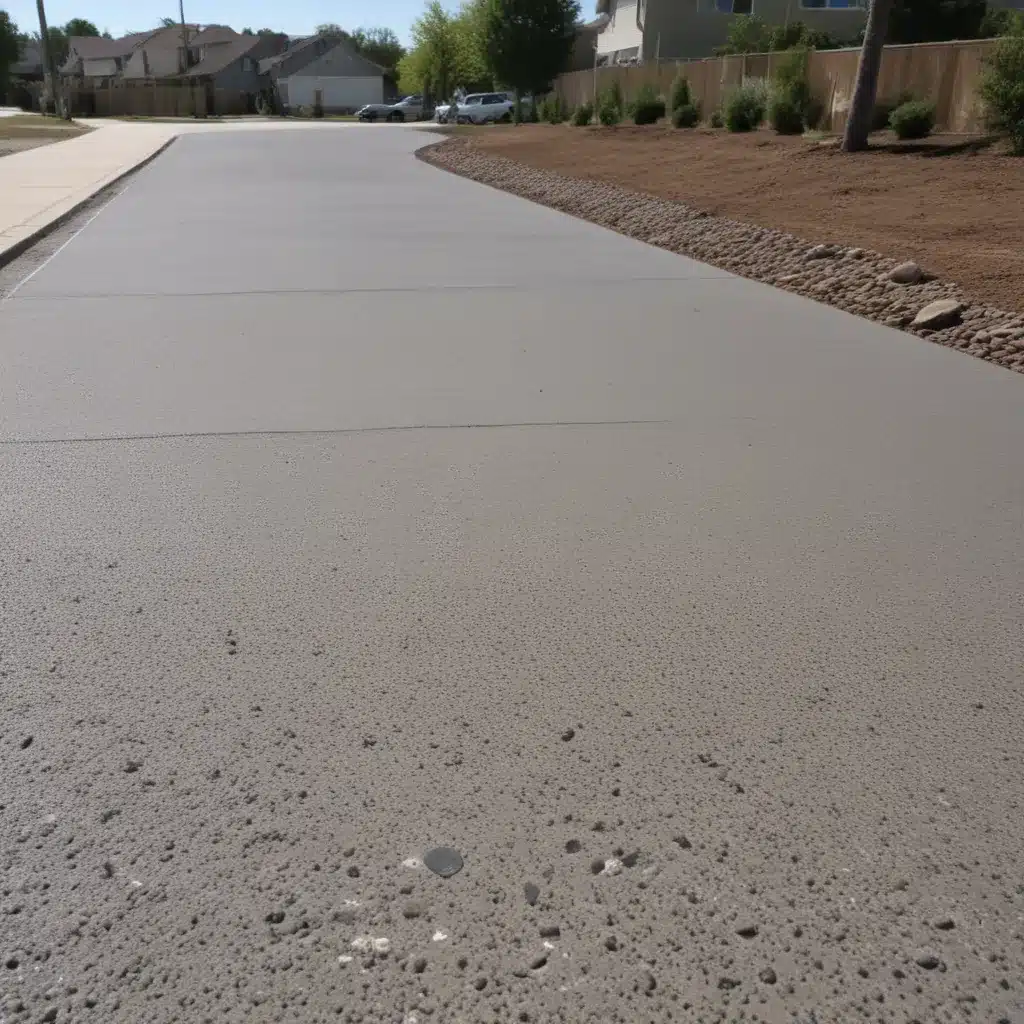The Concrete Conundrum
As the rain pours down and the wind howls outside, I find myself contemplating the age-old dilemma that plagues many homeowners in Warrington: what is the best driveway surface to withstand the capricious nature of our British weather? It’s a decision that can make or break the curb appeal of your property, not to mention the longevity of your investment.
Now, I know what you’re thinking – concrete, right? It’s the old reliable, the sturdy workhorse that can seemingly weather any storm. But let me tell you, my friends, the concrete conundrum is a complex one. While it may be the go-to choice for many, it’s not always the panacea we believe it to be.
You see, concrete can be a real Achilles’ heel when it comes to our ever-changing climate. The freezing temperatures and relentless downpours that we experience here in Warrington can wreak havoc on concrete, causing it to crack, crumble, and ultimately, become an eyesore. And trust me, you don’t want to be the one on the receiving end of those dreaded council letters, demanding that you address the unsightly state of your driveway.
Asphalt’s Allure
But wait, there’s more! Asphalt may just be the dark horse in this race. Often overlooked in favour of its concrete cousin, asphalt can actually be a surprisingly resilient choice, particularly in our neck of the woods. Unlike concrete, which can become brittle and susceptible to damage, asphalt is more flexible, allowing it to better withstand the freeze-thaw cycles that plague our region.
Moreover, asphalt’s smooth surface can provide a sleek, modern look that can truly elevate the curb appeal of your home. And let’s not forget the practical benefits – it’s generally more cost-effective than concrete, and the installation process is often quicker and less disruptive to your day-to-day life.
Permeable Perfection
Now, if you’re the environmentally conscious type (and let’s be honest, who isn’t these days?), you might be wondering about permeable surfaces. These innovative driveway options, such as porous pavers or resin-bound gravel, offer a unique solution to the age-old problem of drainage.
By allowing water to percolate through the surface and into the ground below, permeable driveways can help to reduce the risk of flooding and alleviate the strain on our overburdened sewer systems. Plus, they come with the added bonus of being low-maintenance and visually appealing, with a range of colours and textures to choose from.
The Grass is Greener?
But what about good old-fashioned grass? Now, I know what you’re thinking – “grass? For a driveway? Preposterous!” But hear me out. Grass driveways, also known as “eco-driveways,” can be a surprisingly practical and eco-friendly option, particularly for those of us with larger properties or a penchant for the rustic, countryside aesthetic.
These ingenious designs incorporate a reinforced grass surface that can support the weight of vehicles while still allowing for natural drainage and a lush, verdant appearance. And let’s not forget the insulating properties of grass, which can help to regulate the temperature of your driveway and prevent the formation of unsightly cracks and potholes.
The Verdict: Choosing Wisely
So, there you have it – the hard truths about driveway surfaces and the challenges we face here in Warrington. Whether you’re drawn to the timeless appeal of concrete, the modern sleekness of asphalt, the environmental benefits of permeable surfaces, or the natural charm of grass, the choice ultimately comes down to your personal preferences, budget, and the specific conditions of your property.
The key is to do your research, weigh the pros and cons, and work closely with a reputable local driveway specialist, like the team at NW Driveways, to ensure that you make the best decision for your home and your climate. After all, the perfect driveway is not just about aesthetics – it’s about finding a surface that can withstand the test of time and the ever-changing whims of Mother Nature.

